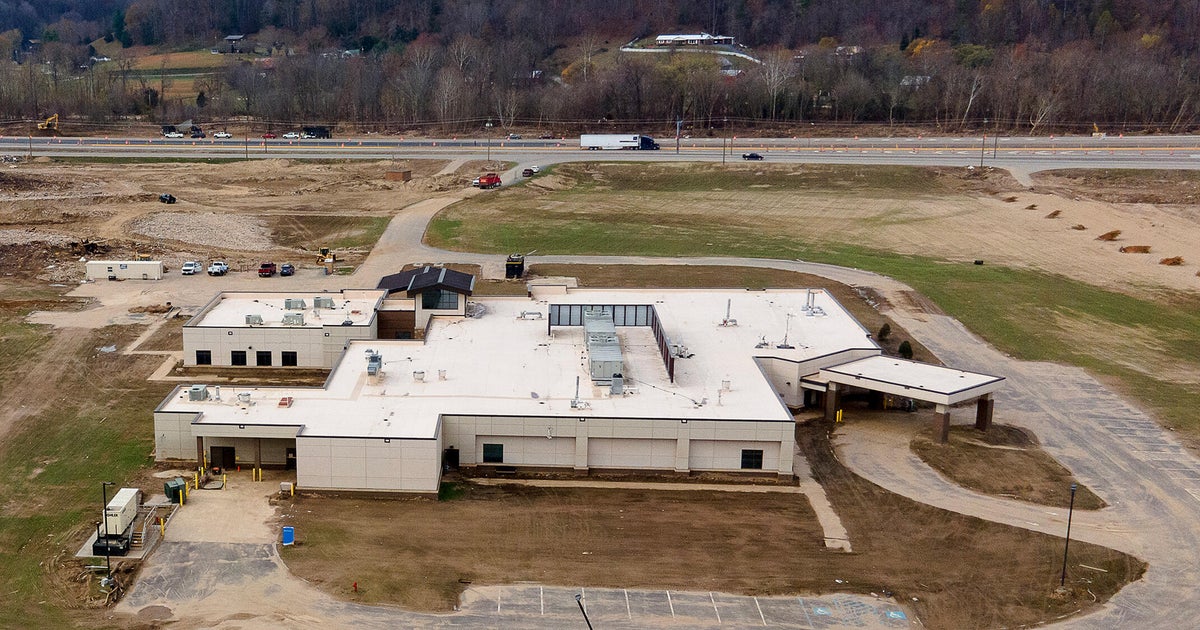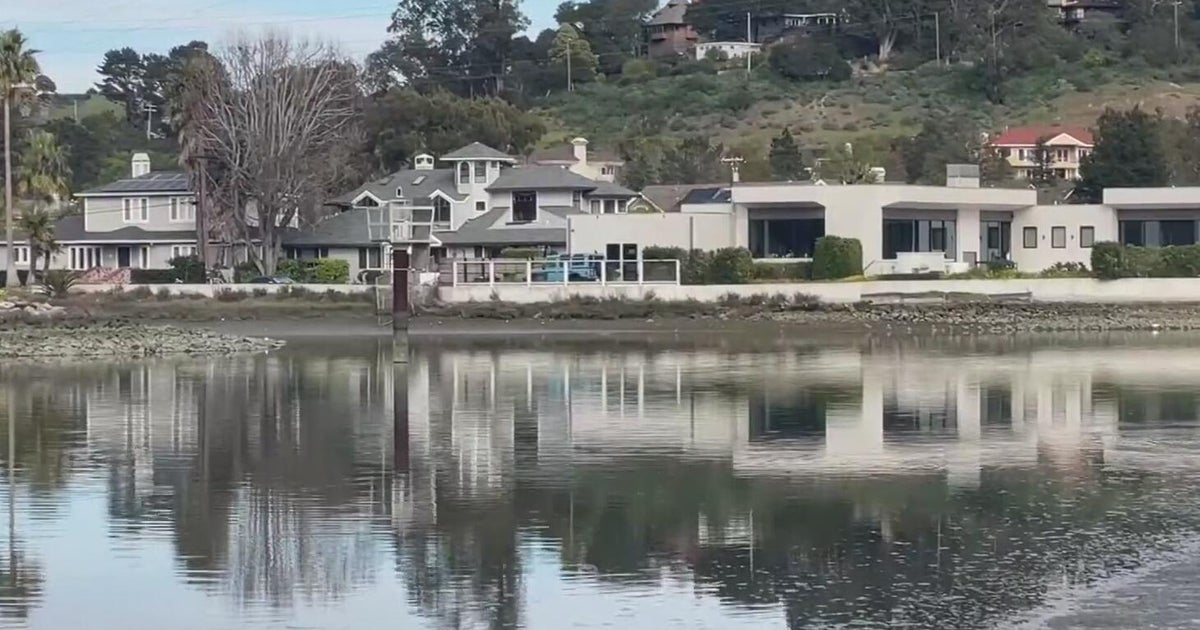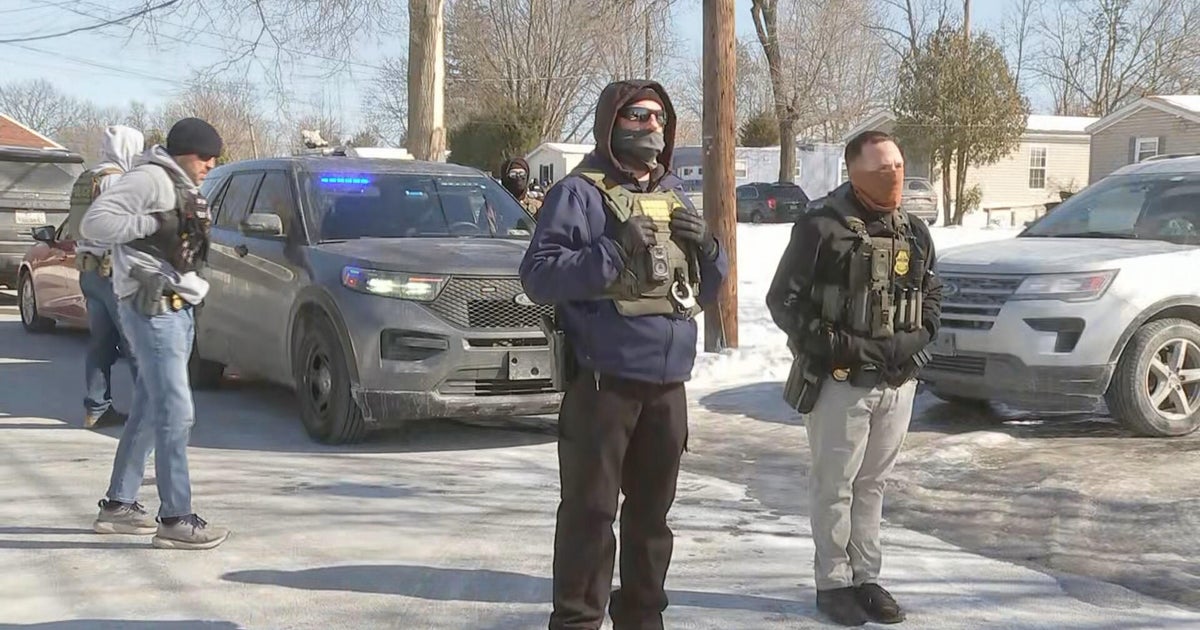In Florida, insurance agents are scrambling, too
Police were turning back cars trying to get through a flooded intersection just outside Bradenton, Florida. But State Farm agent Heath Marston was driving a four-wheel-drive truck, so they waved him on.
He plowed through the water to his dark office, where he found seven dirty and disheveled employees who had been working for 36 hours with little sleep. Marston could relate to how they felt: Hurricane Irma tore half of his home's roof off.
Then, magically, the power came on in the office, and they began answering the phones that rang without a break.
This was one of those moments that good insurance agents live for. Instead of collecting premiums for a distant disaster that may -- or may not -- happen, they actually get to help people in need. It's a tradition dating back to the San Francisco Earthquake in 1906 when a Lloyds of London insurance underwriter was told he could avoid paying for the destruction since many of the buildings had been dynamited. His response: "Pay all our policyholders in full."
It's doubtful that most Floridians will be paid in full, given the different types of deductibles, policies and property-casualty insurers within the state. "Many homeowners are two-percenters," said Marston, which means that the first 2 percent of the damage is the homeowner's responsibility. In simple terms: If you own a $200,000 home, you'll have to cover the first $4,000 of damage. You could also run into "hurricane deductibles."
But in one way, Hurricane Irma policyholders are more fortunate than those in Houston who were drowned out by Irma's predecessor, Harvey. "Irma was a classic tropical storm in which most of the damage was done by wind and storm surge," said Patrick Gee, senior vice president for claims at Travelers Insurance (TRV).
The flooding that caused most of the damage in South Texas isn't covered by private insurers (except in rare instances), and since most Texans don't live in a flood plain, they didn't think they would ever need flood insurance.
Insurers such as State Farm and Travelers are scrambling to access the Florida damage and assist customers as soon as possible by harnessing every technology at their disposal. Now that Irma has left the state, Travelers is trucking in mobile claim centers with their own generators. This will allow policyholders to not only file their claims in person but also recharge their cell phones, instead of waiting weeks for Florida Power & Light to get the power back into their homes. More than 5 million Floridians suffered outages during the storm.
Low-level satellites allow Travelers agents to send claims to the home office, and some are even equipped with drones which let them check out the wrecked roofs without having to balance on a ladder.
But insurers' desire to get to the heart of the damage isn't all altruistic. Lurking in the shadows are would-be "contractors" waiting to knock on the doors of desperate homeowners in the hope of getting them to sign a contract and pay up front -- before the homeowner even talks to his or her insurer. A Florida law allows contractors to take "assignment of benefits" (AOB), meaning the insurance payments for the repairs, often whatever the contractor claims, goes directly to him.
The AOB crisis in Florida was so serious prior to Irma that state insurer Citizens Property had to hike its policy rates. Florida Insurance Commissioner David Altmaier has now wasted no time putting out a bulletin telling residents to be "prompt in notifying their insurance companies and cautious of repair deals that sound too good to be true."
"Many insurance companies have reporting deadlines, so it is important to act quickly," he urged.
Insurers will also face lawsuits as some lawyers are already crowding the internet with solicitations for possible clients.
"If you hire a contractor, make sure he's licensed and bonded," advised the Travelers' Gee. "Otherwise he could have an accident on your property." In that case you may be at fault, according to the Travelers website. It's also not a bad idea to obtain at least two bids.
As of right now, it doesn't appear that any property insurers are in danger going bankrupt. While insured damage from Hurricane Irma could reach as high as $40 billion and $30 billion for Harvey, the industry has more than $700 billion in reserves.
And Wall Street investors in insurance companies don't mind a disaster because it provides an opportunity for insurers to raise rates and earn profits in what's often a cutthroat, highly competitive business.
Much of the insured losses in Florida will be borne by reinsurance -- the insurance that property insurers buy from large international companies like Munich Re and Swiss Re, along with "catastrophe bonds" floated by Wall Street investors. They've made money every year since 2005, when hurricanes Katrina and Wilma hit.
On the broader level of Florida's total economic losses (vs. those that are insured), Karl Kuykendall, IHS Markit's manager for U.S. regional economics, said, "The short-term disruptions Irma caused were sizable, but in terms of the $950 billion state economy, it will not derail the impressive growth the state has seen over the past several years."
Travelers said it has "hundreds of people" in its Orlando and Tampa offices waiting for those who evacuated to return to Florida. "We want to bring them back to their pre-loss conditions," Gee said. "It's what we do. It's what we're supposed to do."
As for State Farm's Marston, he's driving that four-wheeler to visit policyholders who stayed put and rode out the storm. He said many of them are "glass-full" people who don't even need his encouragement.
"I dropped by one guy's house, and he was out there with a chain saw, cutting down a tree and laughing," recalled Marston. "He said, 'I work in an office all day, and for once I can be proud of myself. I'm out doing some real work."
Here are a few tips from State Farm:
- Make temporary repairs to prevent further damage. If possible, put a tarp on the damaged roof.
- Remove tree debris from the structure and place it on the ground.
- Don't dispose of damaged contents until authorized by your insurance agent or claims representative.
- Take pictures and video of damaged property. Make notes to help adjusters.
- If possible, use local retailers and vendors.
- Keep a record of time spent and all receipts.



